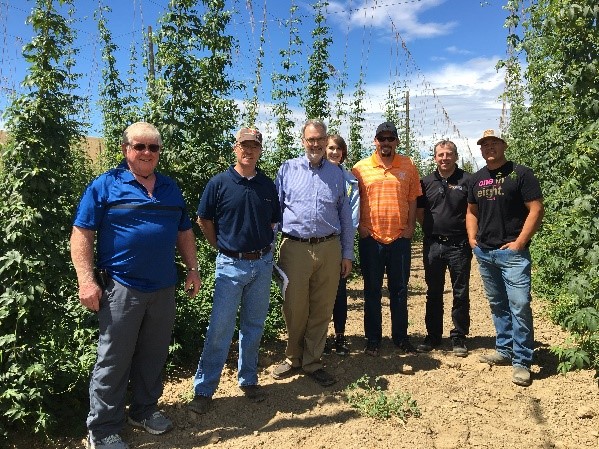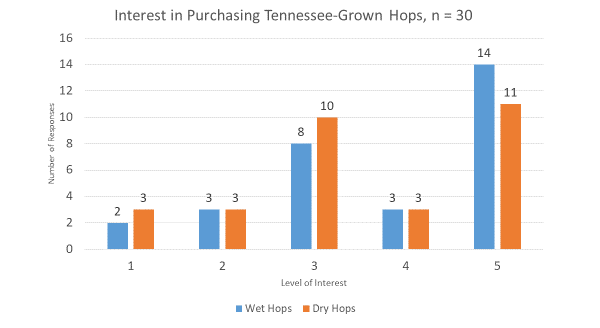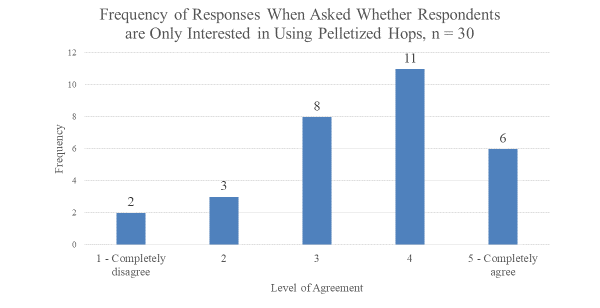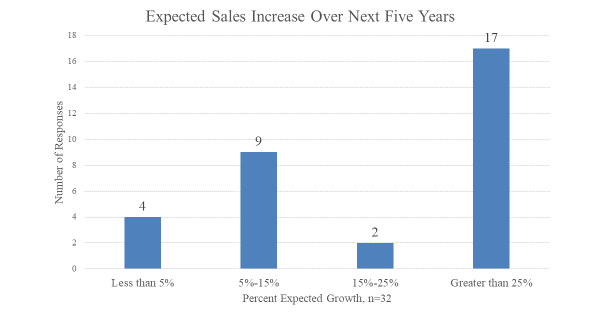This page exists to provide information on the Opportunities for Specialty Crops in Tennessee: Focus on Hops project which was made possible by funding from the USDA Agriculture Marketing Service through grant USDA-AMS-SCBG-2017.
Regional Hops Workshops
For Tennessee Farmers and Potential Hops Producers
Are you interested in learning about the potential for hops as a specialty crop in Tennessee? This workshop features specialists from the UT Institute of Agriculture who will discuss the production, economics, and marketing of hops.
JOIN US
Seating is limited and preregistration is required. To reserve your seat, email or call the contact associated with the meeting you wish to attend.
October 10, 2019
Agricenter International, Memphis, TN
Contact: Hannah Wright
UT Extension, Agricultural and Resource Economics
865-974-1895 or hwrigh13@utk.edu
* Preregistration is required by October 4th *
Summary of Educational Information Presented to Regional Hops Workshops
Publications
Author(s): Rob Holland | David Hughes | David Lockwood | Mark Morgan | Aaron Smith | Hannah Wright |
Material(s):
Author(s): David Hughes | Rob Holland | David Lockwood | Eric Walker | Hannah Wright | Aaron Smith |
Material(s):
Author(s): David Hughes | Rob Holland | Sarah Elizabeth Best | Aaron Smith | Edward Yu |
Material(s):
Author(s): Rob Holland | Nathan Miller | David Hughes | Mike Brown | Hannah Wright |
Material(s):
Author(s): Rob Holland | David Hughes | David Lockwood | Eric Walker | Hannah Wright | Aaron Smith |
Material(s):



